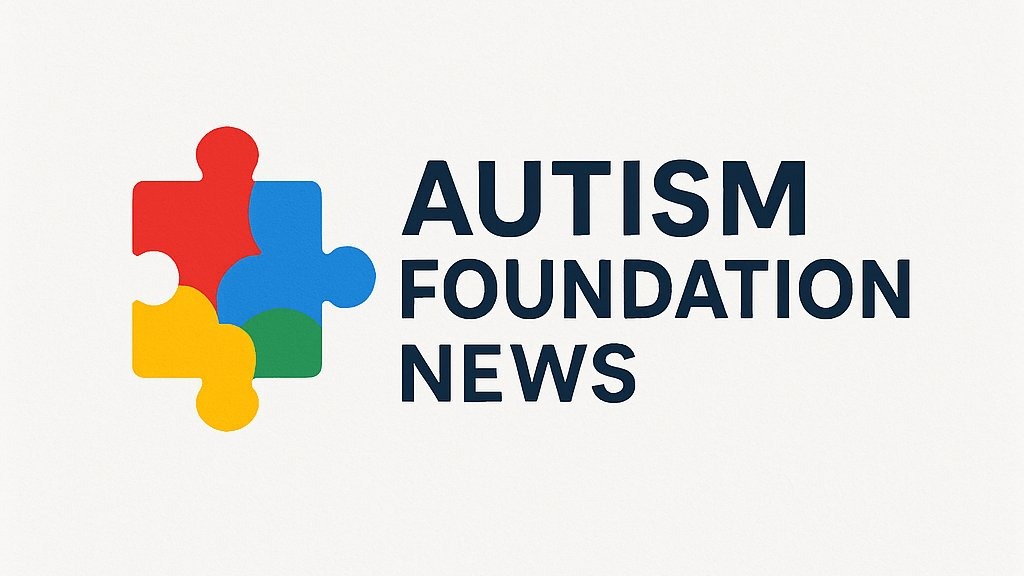
Understanding Diabetes: A Deep Dive into Type 1 and Type 2
Diabetes is a chronic condition characterized by elevated blood sugar levels, and it primarily exists in two forms: Type 1 and Type 2. While Type 1, often diagnosed in children and young adults, results from the immune system attacking insulin-producing cells in the pancreas, Type 2 typically develops in adults and is often linked to lifestyle factors and obesity. Understanding these distinctions is crucial, especially for families managing diabetes alongside other conditions, such as autism.
The Impact of Nutrition on Diabetes Management
For individuals with diabetes, nutrition plays a pivotal role in health management. The American Diabetes Association emphasizes that a balanced diet helps manage blood sugar levels more effectively. Parents and caregivers can create tailored meal plans that not only consider diabetes management but also cater to the unique dietary needs often associated with autism, such as gluten-free or dairy-free diets. Consulting with a registered dietitian can provide practical tools for enhancing dietary choices that align with both diabetes and autism.
Comprehensive Care: Bridging Diabetes and Autism
Effective diabetes care requires a person-centered approach that considers other health conditions, including autism. A comprehensive care plan may involve multidisciplinary teams, including nutritionists, diabetes educators, and mental health professionals, to optimize overall well-being. Families should advocate for their loved ones to ensure a holistic approach to care that accommodates complex health needs.
Resources and Tools for Support
Many organizations provide valuable resources for caregivers. Websites like the ADA offer guides on nutritional counseling and diabetes management, helping families make informed decisions. Support groups, whether online or in-person, can offer community and shared experiences, fostering a network to help navigate these challenges.
Future Directions: Innovations in Diabetes Care
As technology advances, new tools are emerging to assist with diabetes management. Continuous glucose monitoring (CGM) systems and mobile health applications offer real-time insights into blood sugar levels, which can be particularly beneficial for parents managing diabetes in their children. These innovations not only improve adherence to treatment plans but also empower families to understand and better manage their health outcomes.
Understanding diabetes in the context of autism is essential in creating supportive environments that promote healthy lifestyles. By embracing a comprehensive, community-centered approach, caregivers can navigate the complexities of managing these conditions while empowering those affected with knowledge and resources.
 Add Row
Add Row  Add
Add 




Write A Comment